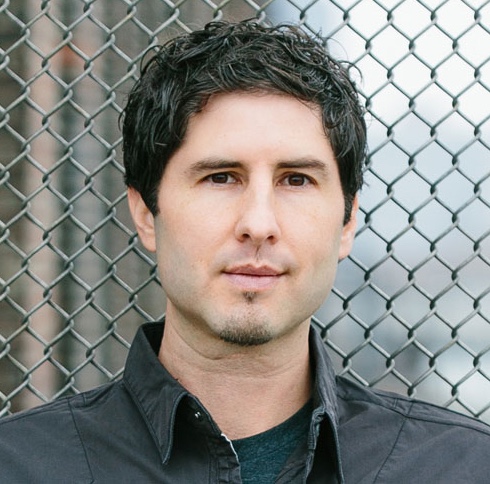
For your travels, I wish you well with the places you rent through Airbnb and such. Myself, I prefer hotels.
The way you leave your life behind, allowing others to cook and clean and point you in the right direction. Watching a TV that may take you to strange channels, especially overseas. Working out the labyrinthine layout of the place. Oh, yes, room service.
Most of all, hanging out among a collection of random strangers that could be anyone from an insurance salesperson to a serial killer, without you knowing which is which. Sometimes you chat with them, sometimes you just watch and wonder.
As the Gotham tagline says: Stories. Everywhere.
Three of my favorite hotels:
The Menger Hotel – San Antonio, Texas, next to the Alamo. (It’s in the pic.) You feel the complicated spirit of the Old West in these walls. Teddy Roosevelt recruited Rough Riders for the Spanish-American War here and they say his ghost still lingers at the bar.
Hotel Kempinski – Geneva, Switzerland, right on Lake Geneva in view of the Jet d’Eau. In the elevator, I was alone with a man unimaginably magnificent: a pilot for Egypt Air, tall and straight as an airplane with jet-black hair and mustache and the face of an eagle.
Kwa Maritane Bush Lodge – Pilanesberg Game Reserve, South Africa. They offer game drives at dawn and dusk where you see lions and impalas and the like. You can also follow an underground tunnel into a “hide” to glimpse the animals without them knowing you’re around.
My life isn’t so grand as these places would lead you to believe, though I have stayed at each. I’m also drawn to the humbler places, even a low-slung motel along a strip of highway.
Hotels light up my imagination. I’m not alone; many great tales take place in these habitats:
The Shining – Stephen King’s horror novel and itsoffshoots,set at the Overlook Hotel in Colorado. REDRUM!
Schitt’s Creek – The TV series (created by Daniel and Eugene Levy) about a fallen-from-grace family forced to live in a run-down motel in rural Canada.
A Gentleman in Moscow – Amor Towles’s novel about a Russian aristocrat sentenced to spend his life in Moscow’s Metropol Hotel, forbidden to ever set foot outside.
“Hotel California” – A song by The Eagles about a metaphoric hotel that’s seductive for a while; though you can check out, you can never leave.
What is it that excites your imagination, causing you to buzz with delight or intrigue or trepidation? There must be a handful of things that do the trick for you. Find those things and make them your muses.

Alex Steele
Gotham President






